Can we be fixed? For years, I felt like I was unhinged. Like everything bad that was happening to me was my own fault. I’ve started to come to terms with the fact that maybe some of it was, but only because I didn’t have the tools to express myself. Going to therapy, breaking out of toxic relationships, and forming a supportive friendship group saved my life. And it can help you too- continue reading for advice on accepting your mental health, except this time, I won’t tell you to have a bath or watch a film (thanks, crappy counsellors).
It’s impossible for me to understand every individual’s struggle, but as cliche as it might sound, you’re less alone than you think. It’s easy to slip into a mindset that feels scarily unique, but you never know what others are going through at the same time.
I never thought that I could talk about my disordered eating. It felt way too big, too definite. Like I was pretending to suffer whilst other people were having a harder time. It wasn’t until college that I realised that it wasn’t that uncommon, so I’m allowed to open up without fear of judgement. Your trusted person doesn’t have to be a parent, or even a friend, but ignoring what you’re going through will only lead to explosive outbursts down the line.
Coming from high school, I’m sure a lot of people felt like there wasn’t anyone like them. Like their interests were too niche, and no one else cared. Well, I’ve never heard of anyone who liked high school, but I have heard of someone interested in basically anything you could think of. When you put yourself out there, it’s unlikely you won’t find anyone. If college isn’t where you find your people, then university, and if not uni then extracurriculars. Even online sometimes! It’s important to normalise searching for (or maintaining) friendships, because there’s so much pure love between friends that’s discounted because of the thirst for romantic love.
Love yourself first, then think about everyone else later (makes me think of that Rupaul quote, but it’s still true). Suddenly, there’s this intense, even suffocating, pressure to be in a relationship. It feels like (all at the same time) it’s from your friends, social media, and TV. It’s not uncommon to wonder what’s wrong with you, in comparison to the sickly-sweet couples invading your screen, but the truth is: nothing. Mindlessly searching for something, as an alternative to nothing, can (and will) hurt more than staying single. Focus on developing your own personality and hobbies, so you can come to terms with your limitations, whilst also figuring out what makes you happy.
Let’s talk about CAMHS… oh no, right? Set up in 1995, many young people fear that this national service doesn’t serve them anymore. One student mentioned, “It wasn’t until I told my GP that I was suicidal that CAMHS decided to test me for autism, even though my mum had already suspected it for years.” The Local Government Association says councils have seen a reduction of £770 million in funding between 2014/15 and 2020/21 – a fall of almost a quarter (22.3%) per person. Waiting lists are undoubtedly getting longer, limiting access to much needed services. It calls into question, is the government focused on solutions AFTER mental health crises, over preventing them in the first place? And, how safe can that be for the vulnerable people involved?
So, what do we do if mental health services are overstretched and underfunded? You won’t be surprised to hear that some will unfortunately turn to substance abuse to cope (NIDA says many individuals who develop substance use disorders (SUD) are also diagnosed with mental disorders, and vice versa), but you might be surprised that 49% of drug users then recover (according to GOV.UK). I won’t sit here and write “drugs aren’t cool”, and I don’t want to scare you into submission, but it’s good to have all the facts presented to you. Crisis tells us that 45% of unhoused people have experienced mental health issues- a further 66% say that their first reason for living on the streets was drink and/or drugs. UKDPC says that approximately 80% of drug users are unemployed, so the conclusion I come to is that instead of receiving the help they so desperately need, the prison population is projected to increase. With a central estimate of 94,400 by March 2025 (GOV.UK), mental health services’ lack of funding no doubt serves as a contributing factor.
There isn’t any one way to “fix” your mental health, because it doesn’t need to be fixed. Just managed. There are so many ways you can do that, but don’t discount prescribed medication. In the 16-month period between March 2020 and June 2021, there were 1.2 million more antidepressant drugs prescribed than expected (according to the NHS). The Guardian notes, around 60% of people respond by about two months to the drugs, with about a 50% reduction in their symptoms – an improvement in mood, better sleep and so on. Don’t be afraid to reach out to your GP, because their literal job description is to treat ALL common medical conditions (including whatever you’re feeling emotionally, particularly if it affects you physically).
“I don’t want therapy for myself.” It’s something I’ve heard before, and something I’ll hear again, but sometimes the opinion is based off unfair stereotypes. You think therapy, and some people think essentially Stranger Things, plain white walls with unfeeling workers constantly testing you. Yes, there are failings within the system itself, as I’ve already talked about, but there are also successes. Once accessed, including if you’re able to afford private, therapy can reveal aspects of yourself you didn’t think possible.
A viewpoint circulates, often among older generations (but not entirely)- that therapy is only for profoundly traumatised people. Like combat veterans suffering from PTSD. It’s not unusual for a person to be surprised or even think I’m joking when I mention my own sessions, but therapy may be right for you regardless of where you are on your mental health journey. It’s common to know that one person with “too much pride” to reach out, but really, I ache for them- it’s sad to see someone denying themselves of help because they’re too scared of what other people think. If that happens to be you, the people around you should always want to see you bettering yourself, and if they don’t then they don’t have your best interests at heart. It’s important to choose what’s genuinely best for you, rather than just what will mean that you receive the least flack.
It’s amazing if you’re comfortable with yourself, but if you struggle to put your experiences into words, spanning across all genders/ orientations, you’re still just as worthy of respect and understanding. Just because you find it hard to talk about something doesn’t mean that it didn’t happen, and that you don’t need to understand or unpack. Particularly for any guys reading, you’re no less of a man for facing your emotions honestly.
You are enough. You deserve the love and support that you crave.
Reach out to your pastoral team or figure out where else is best for you (42nd street, Kooth, Mind, CYP, YoungMinds, etc).


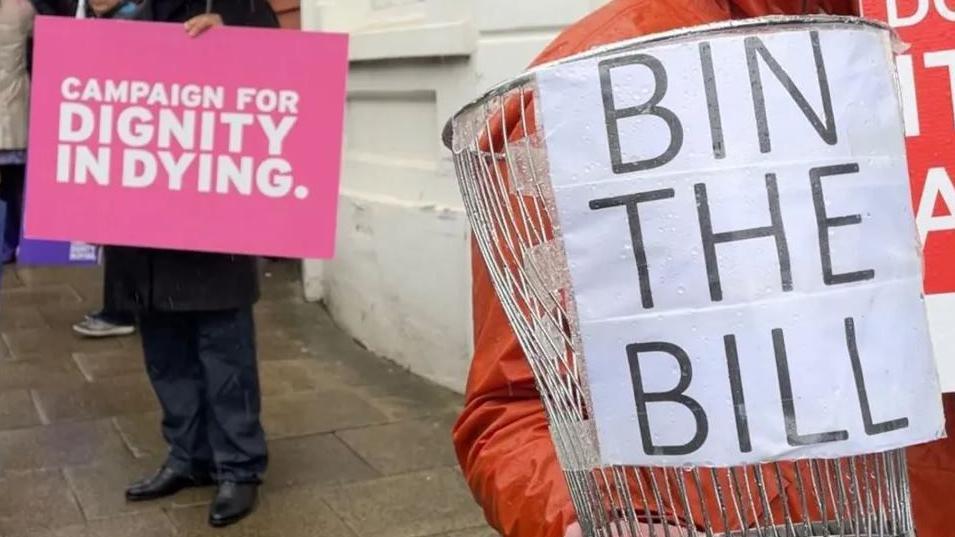

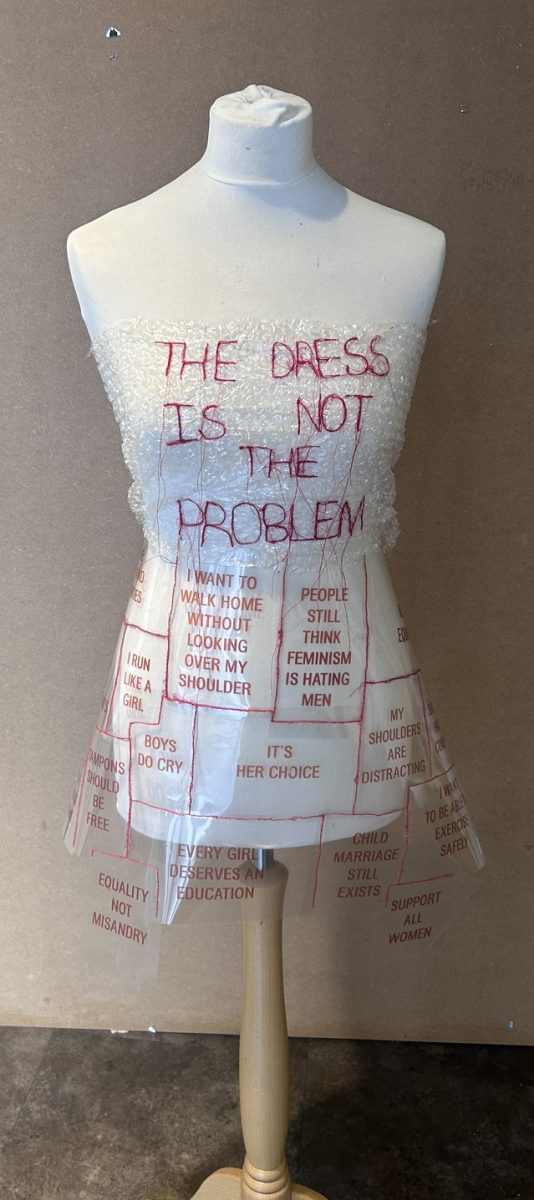
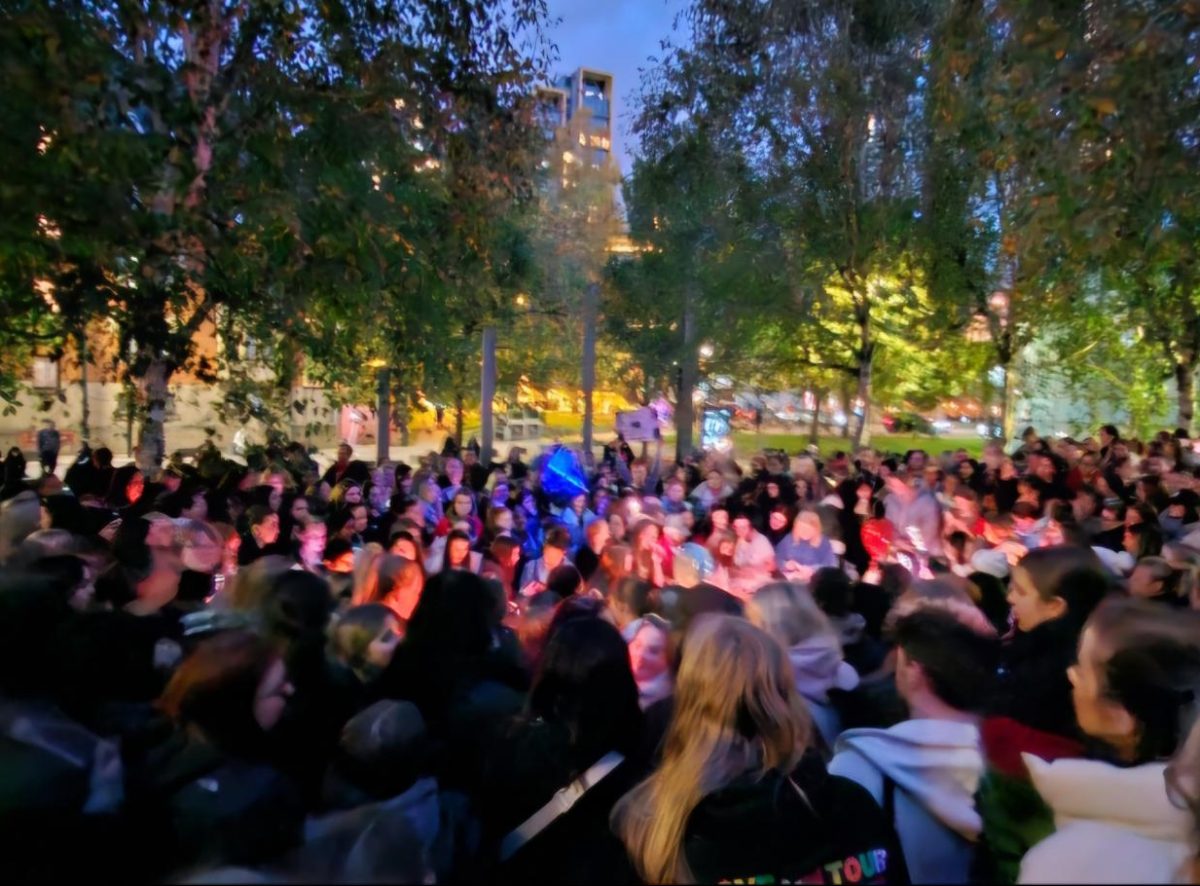
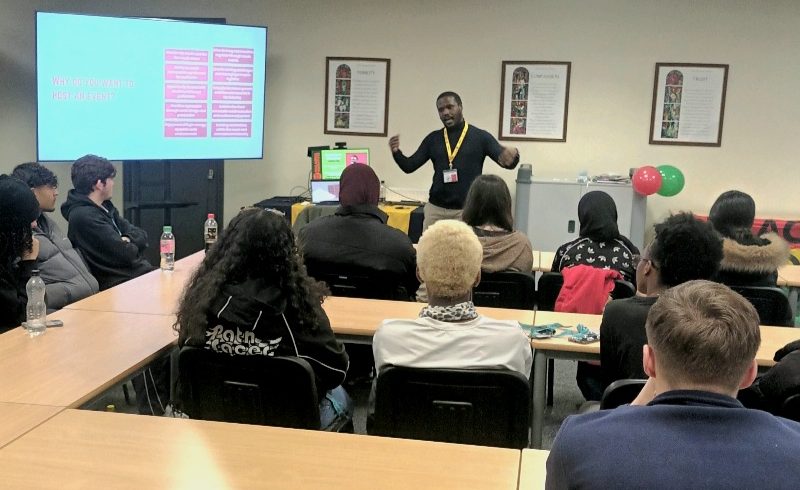
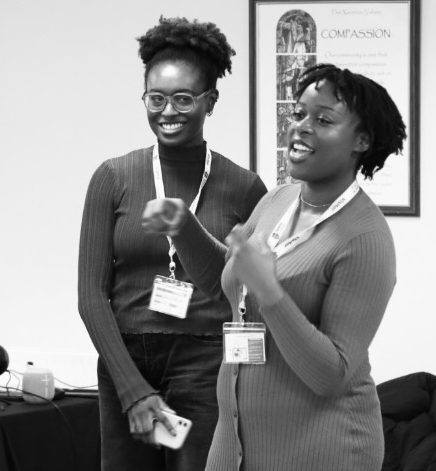



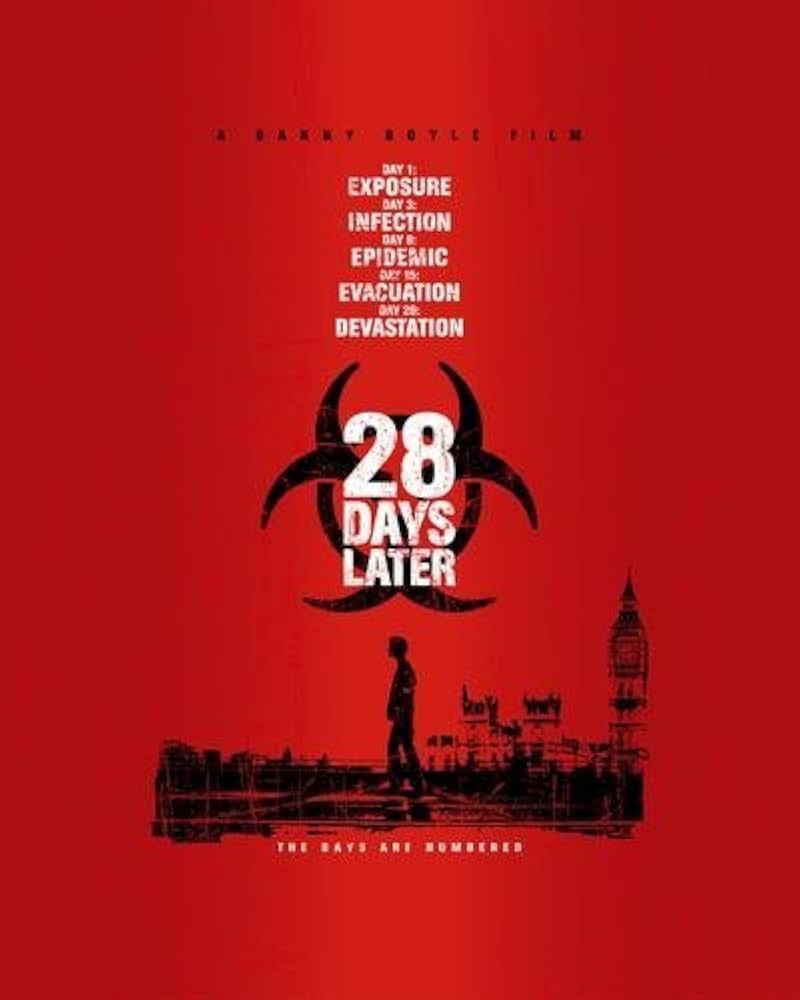
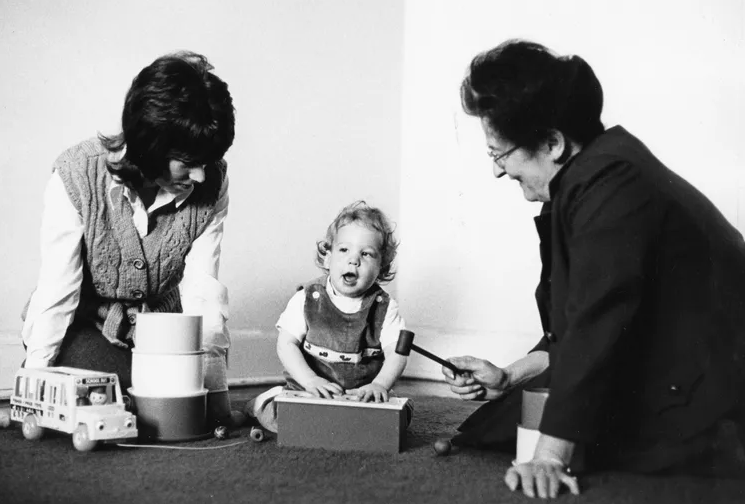

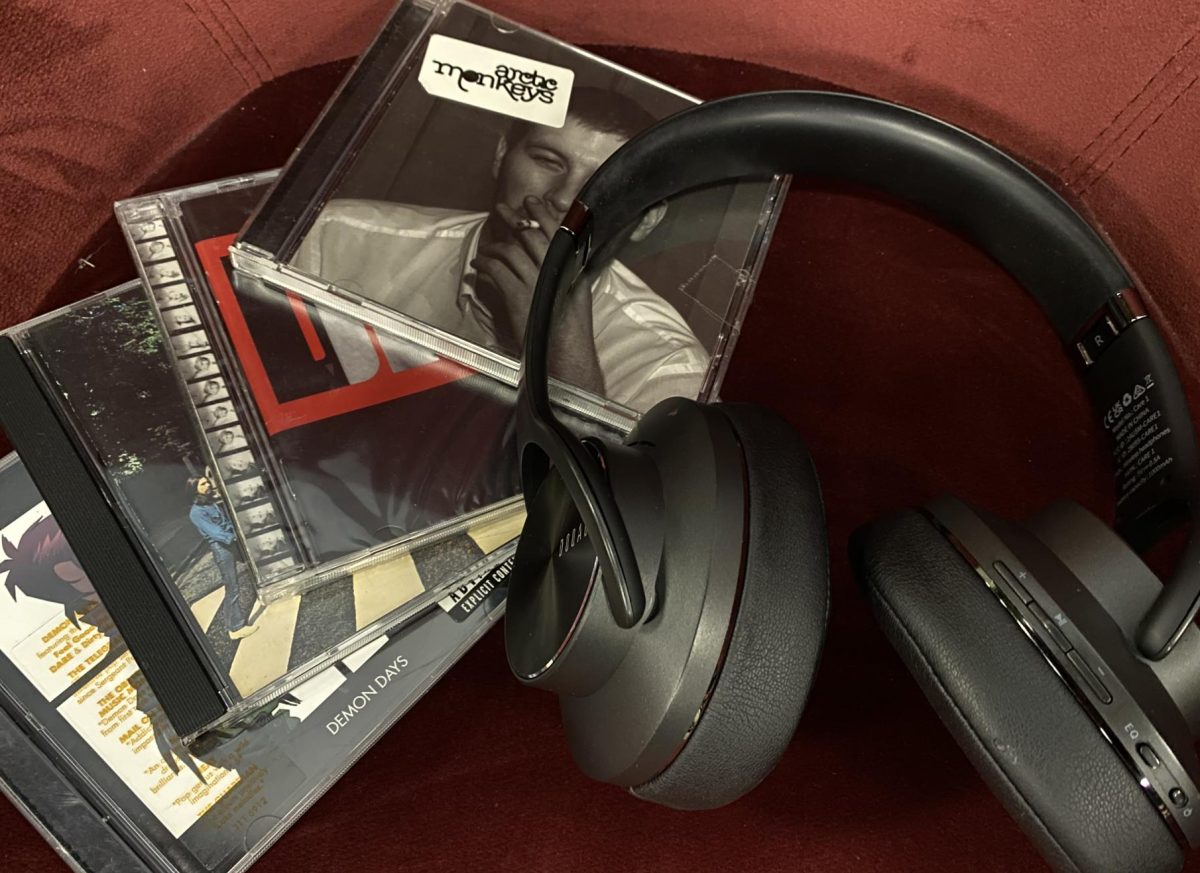

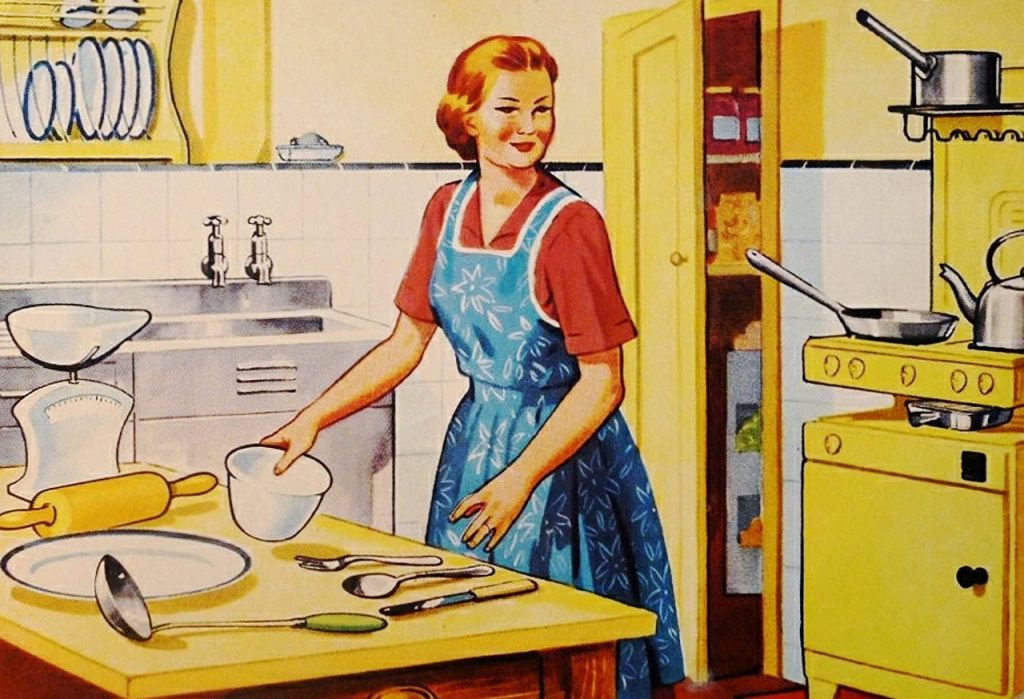
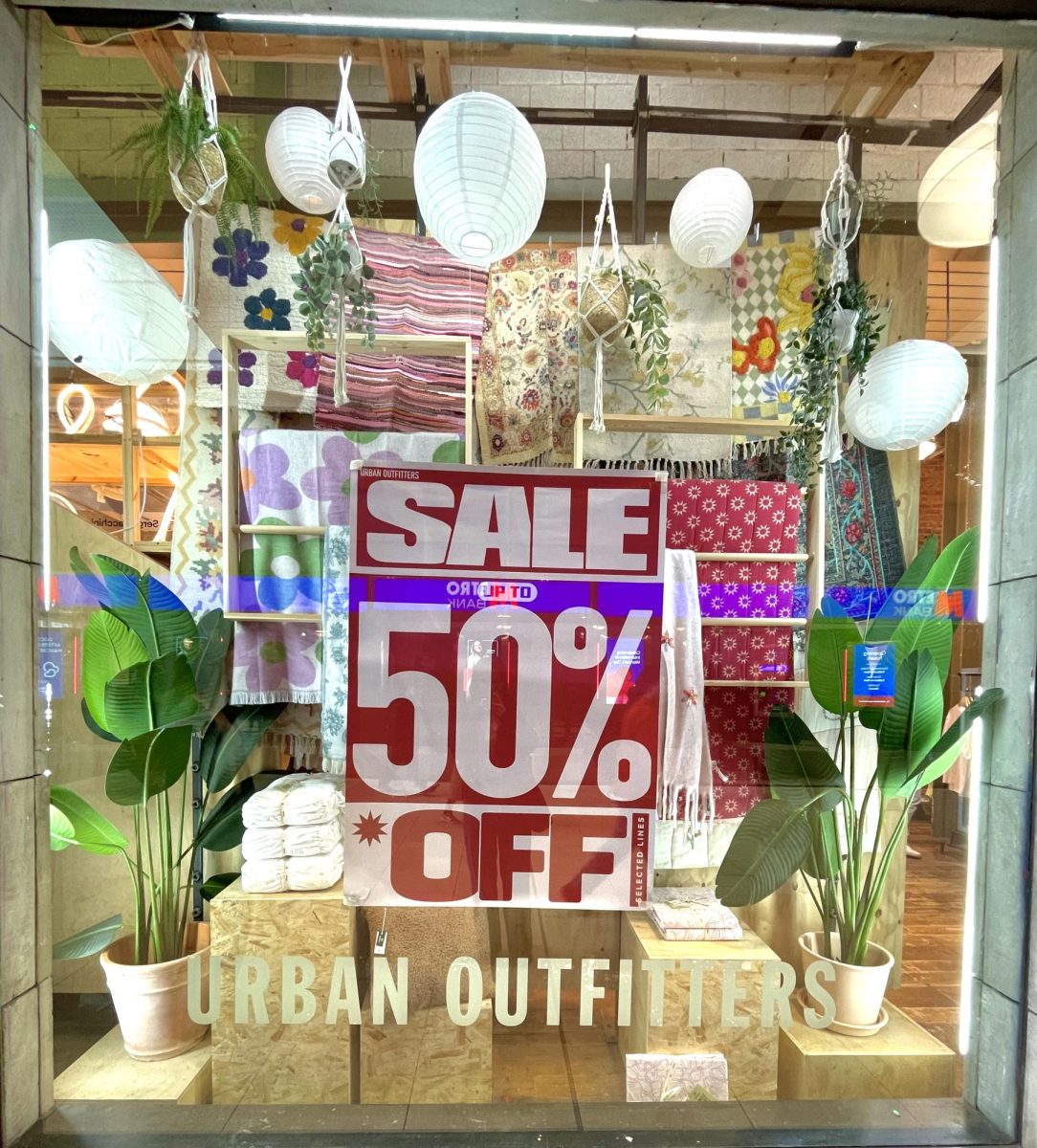

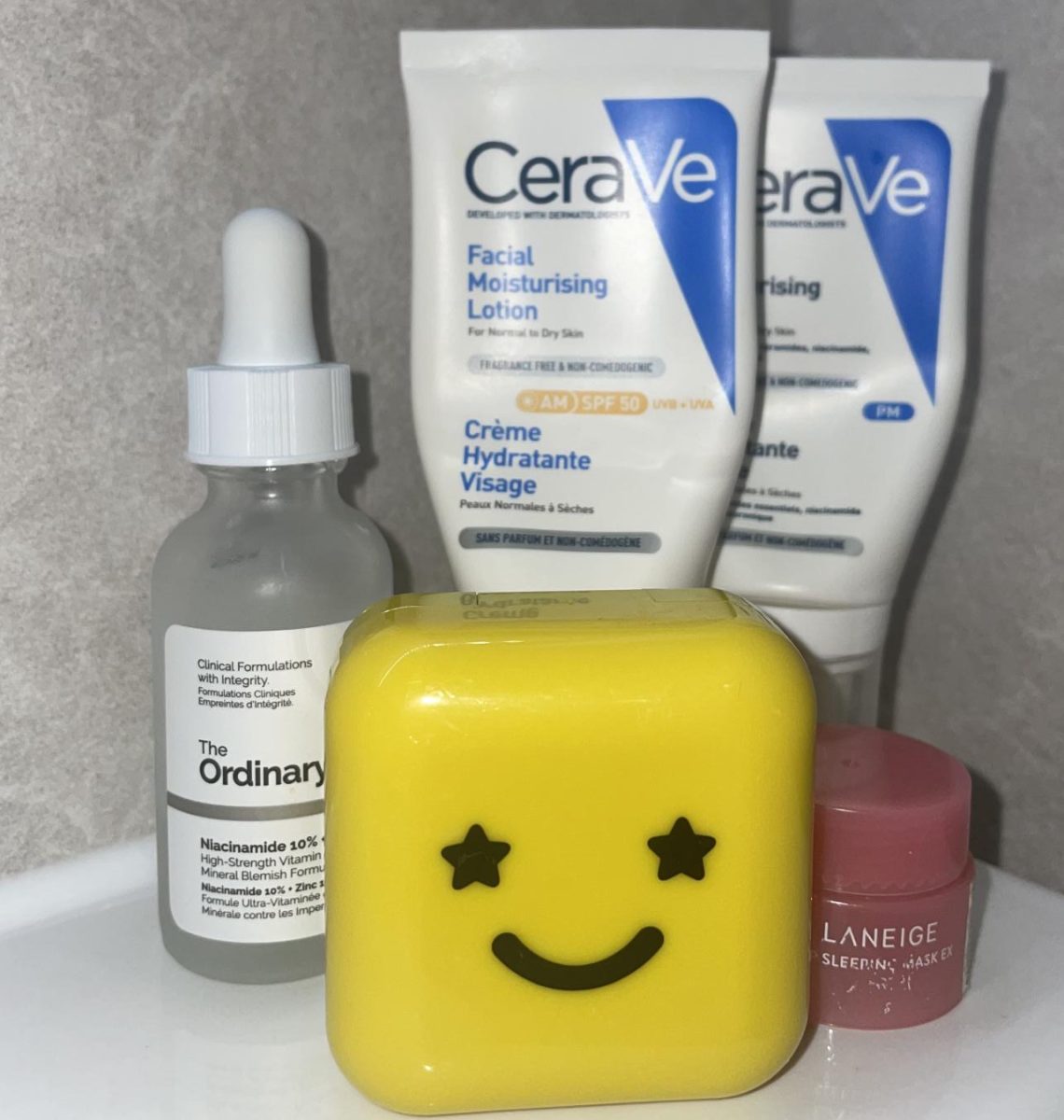







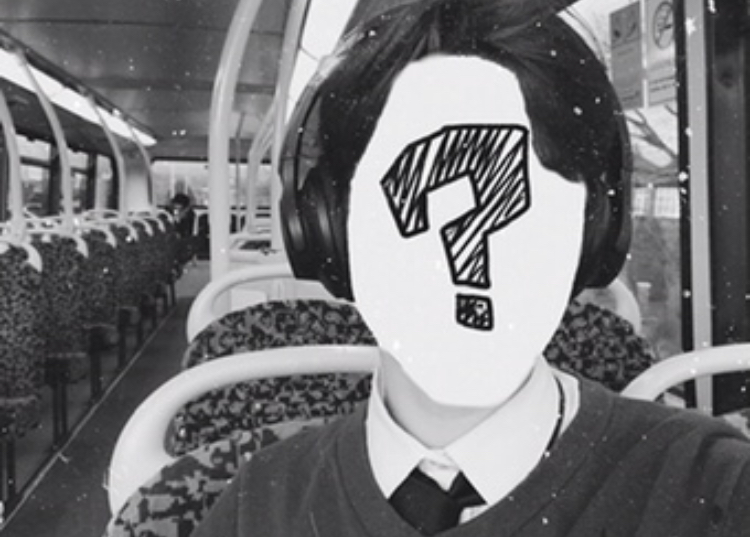



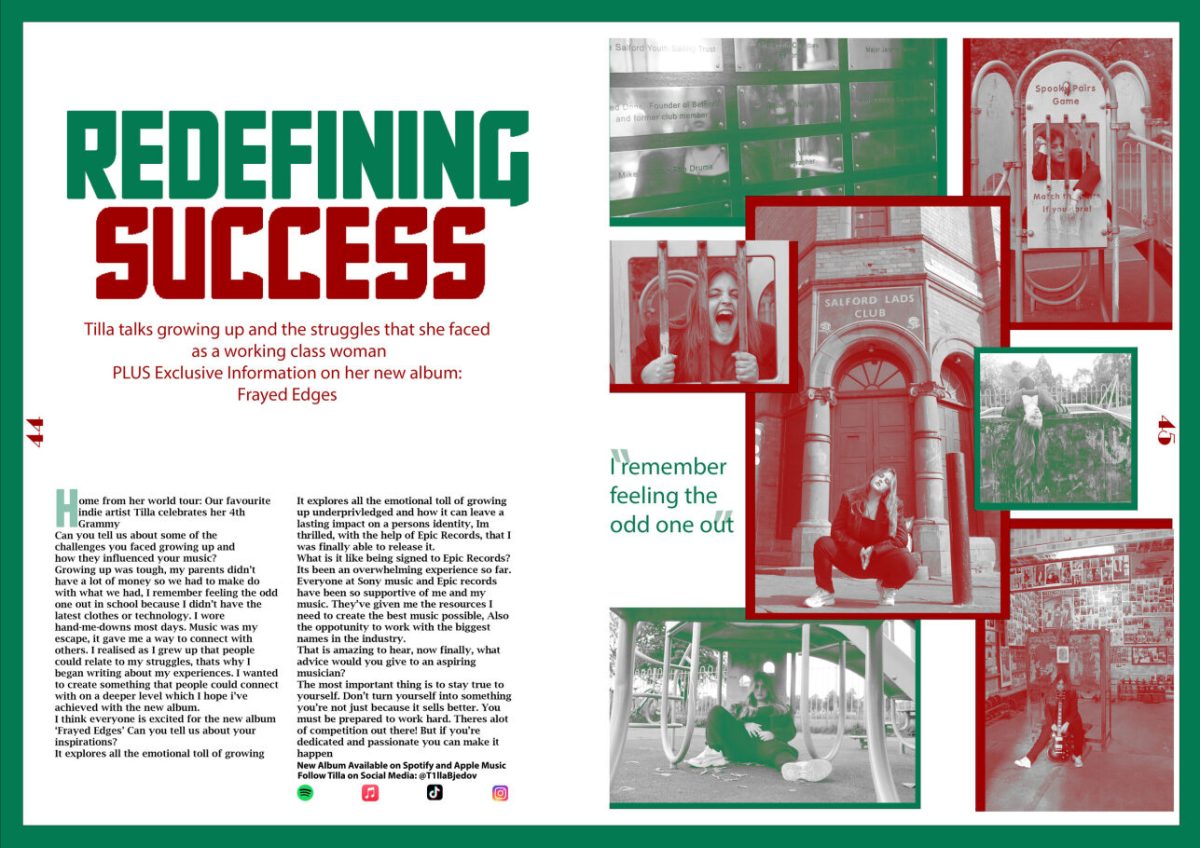



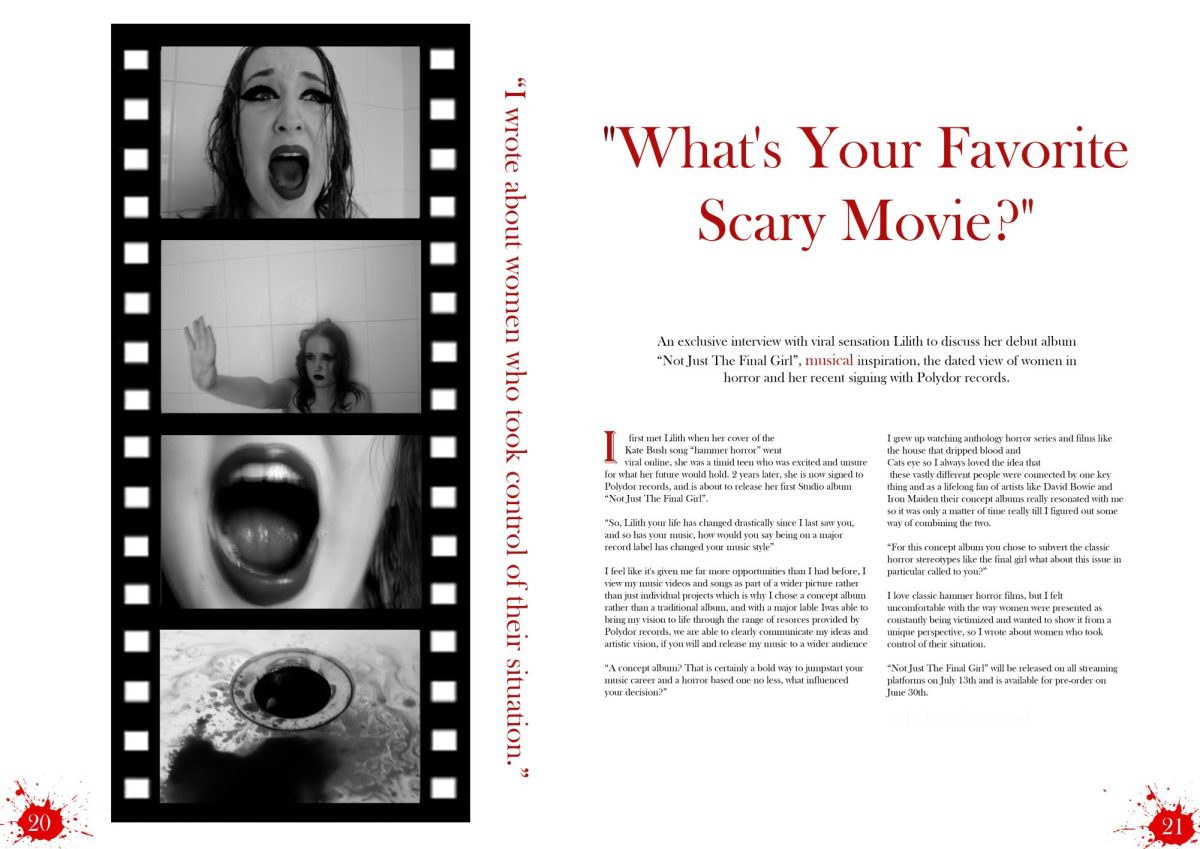

Mark Wilmott • Jun 6, 2024 at 4:36 am
Beautifully written and truly inspiring.
Jacqui Shirley - Organiser • Jun 6, 2024 at 3:31 am
A well researched. sensitive and heartfelt read
Jo • Jun 6, 2024 at 2:26 am
A great morning read, totally agree love yourself first is not selfish its self care.
Phil • Jun 5, 2024 at 9:09 am
Wow, this is an eclectic for reaching researched hard hitting sensitive and impassioned article. Thank you.